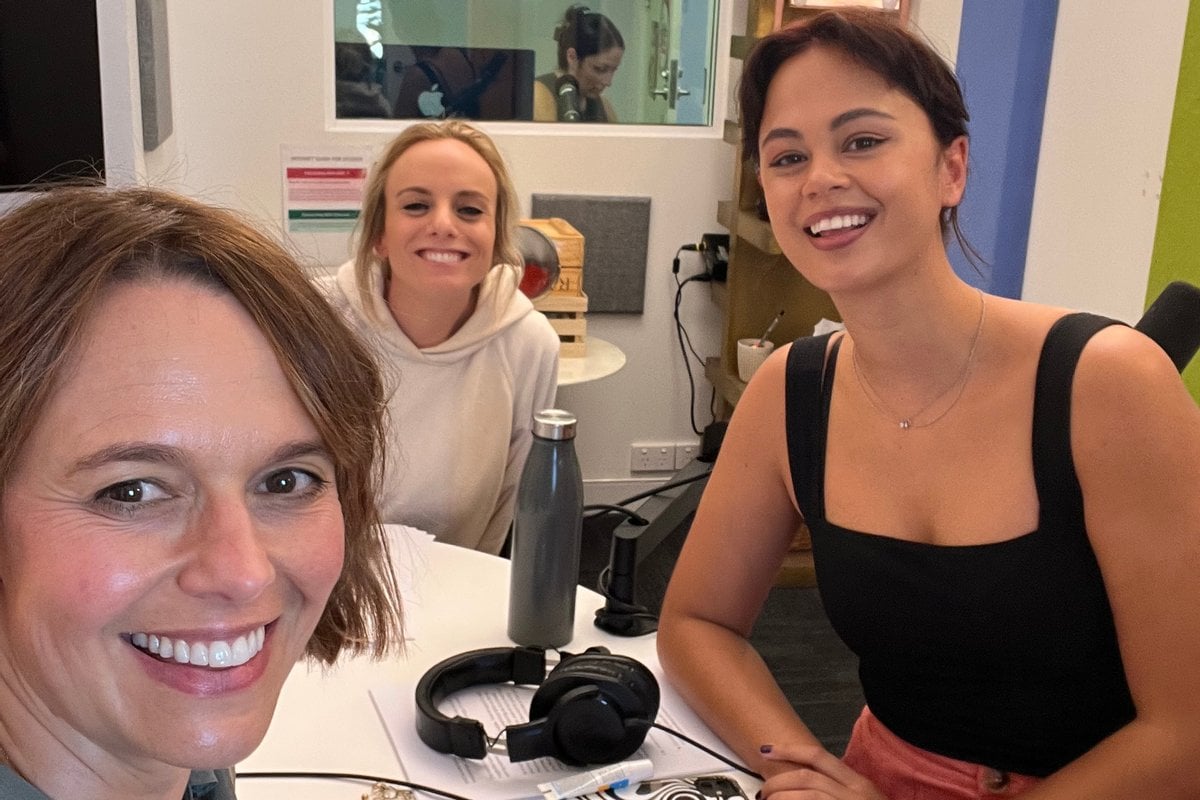
I have been putting my foot in it quite a lot on Mamamia Out Loud recently. I keep talking about work, specifically, I keep talking about not really enjoying it very much.
I acknowledge that this is an inherently privileged thing to say as somebody who works in media and is not a frontline worker, nor somebody who has to engage in backbreaking labour to earn a paycheck but it is the truth.
Work is not the most meaningful or enjoyable part of my life – and I think it would be inauthentic of me to suggest otherwise.
This conversation has brought me into direct conflict with Mia, who is a powerhouse and admits that work is very much her life and, in many ways, defines her identity. In fact, we ended up dedicating an entire Out Loud episode to this discussion because we thought it was only right that we both end up in the metaphorical Octagon and battle it out, UFC-style.
Within that episode, I had to make the following qualifiers: I love my job, I am extremely passionate about my career as an author, presenter, and journalist, but when it comes to the actual parameters of work, that is, turning up every day at the same time, being managed, the hours of emotional and intellectual commitment that bleeds over into my life outside of work, I think it's surely normal to resent those factors.
I think it can feel incredibly fulfilling to work hard, which I really believe I do, but I don't want to wholly define my personality nor my sense of personal success by my work, however much I may enjoy it.
Also, when I really sit down and think about it, I actually abhor that in order to survive and thrive, we're forced to dedicate this enormous chunk of our time on earth to accruing money instead of, say, being with our loved ones, contributing directly to our communities, or sitting at the beach and reading a good book.




























































































